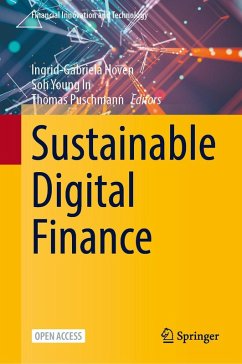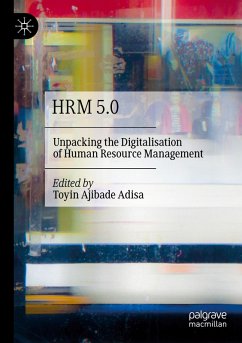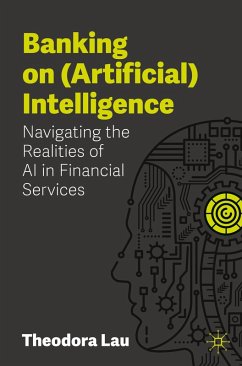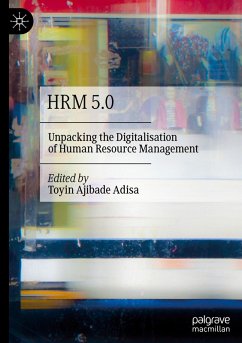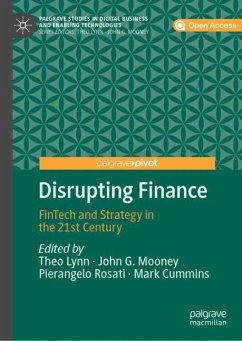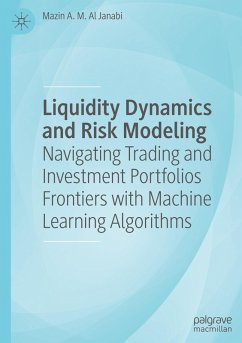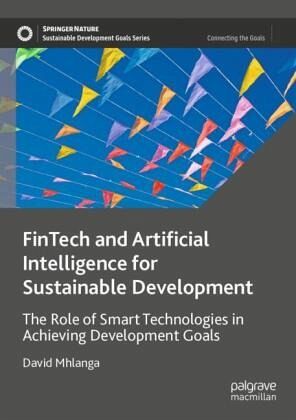
FinTech and Artificial Intelligence for Sustainable Development
The Role of Smart Technologies in Achieving Development Goals
Versandkostenfrei!
Versandfertig in 6-10 Tagen
113,99 €
inkl. MwSt.
Weitere Ausgaben:

PAYBACK Punkte
57 °P sammeln!
This book investigates how smart technologies can play a crucial role in the achievement of the UN Sustainable Development Goals. Focusing on FinTech as well as artificial intelligence, the author demonstrates how one of the most effective strategies for accelerating progress toward global development goals is to make use of emerging technologies to broaden and deepen the scope of action. The first part of the book offers a historical perspective on sustainable development, financial technology and the emergence of the Fourth Industrial Revolution, while the second part looks in-depth at new t...
This book investigates how smart technologies can play a crucial role in the achievement of the UN Sustainable Development Goals. Focusing on FinTech as well as artificial intelligence, the author demonstrates how one of the most effective strategies for accelerating progress toward global development goals is to make use of emerging technologies to broaden and deepen the scope of action. The first part of the book offers a historical perspective on sustainable development, financial technology and the emergence of the Fourth Industrial Revolution, while the second part looks in-depth at new technologies that can contribute to the realization of the SDGs. The power of AI to reduce poverty and increase food security, the implications of digital innovations for education, the impact of AI on clean transport, the role of FinTech in mitigating climate change, and ways in which AI can aid financial inclusion are all discussed.



